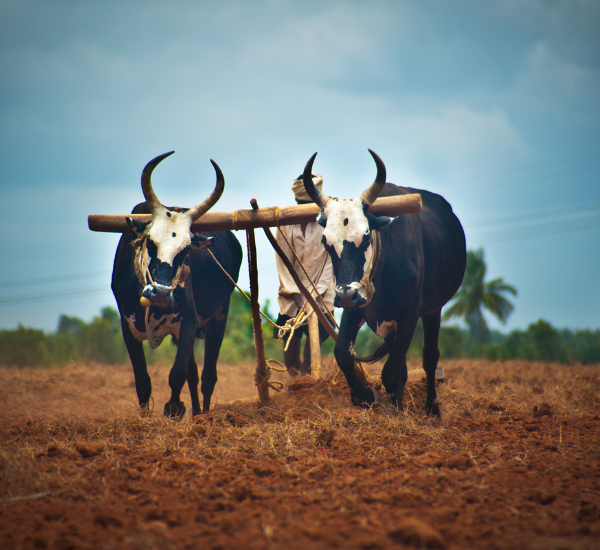
Neighbourly Practices in Xhosa Culture
NEIGHBOURLY PRACTICES
Xhosa people are warm-hearted, kind, welcoming, and friendly people that are always happy to share what they have with other people.
There is a vast difference in the rural and urban lifestyles of Xhosa people. In most parts of the Eastern Cape, neighbours still live like they are siblings or related. They maintain good relationships with each other to grow a vibrant and peaceful community.
Some practices of being good neighbours are shown in the Xhosa saying, “umntu ngumntu ngabantu” (a person is a person through other people). Good communication channels build a community that supports one another in good and bad times as no man can live alone. Xhosa women demonstrate courtesy when they prepare meals; they don’t prepare food for their family only but cook more food just in case they have unexpected visitors. It is rare to see a neighbour spending the whole day without food because of their poor living conditions. Neighbours will extend their empathy to assist with whatever they may.
The following are some of the activities they practice to enhance togetherness
- Xhosa people give donations known as imigalelo in different forms.
- Imigalelo can be in monetary form; food parcels, clothes, or household items. The purpose of imigalelo was to build strong relationships, mutual trust, understanding, and support amongst the community members. The interrelationships between a community made this easier as they knew each other. For example, if they decide to form umgalelo that would involve money – a meeting was called that involved women only, and whoever wished to partake in that umgalelo would do so willingly. This umgalelo assists them when something happened, e.g. (they could make umgalelo for a funeral contribution) as no one knows what tomorrow will bring. As the saying goes, “death comes like a thief in the night” –tragedy sometimes strikes when one is unprepared financially. These women would agree on the fee to be paid by each member on a specific date every month. In the olden days, they appointed a treasurer to keep the money and the recordings of the contributions. With the introduction of financial institutions like banks, things have improved. These women would keep their contributions in a savings account. Should a member die, a family member will withdraw a certain amount of money from the savings account to assist the member’s family. Only those that were members benefited from this. That imigalelo played a vital part during weddings. When one of the member’s daughters or sons was getting married, the women would gather together and start weaving baskets, mats, and hats and make beads jewellery. These would be used as gifts to the new bride as some would assist her in her husband’s home.
- Livestock and farming are measures of a man’s wealth in the Xhosa culture. The larger the head of the family’s herds were, the more respect he garnered locally and beyond. Xhosa people have rich land and plentiful rainfall that make the river basins suitable for farming and grazing, making cattle essential and the basis of wealth.
Xhosas are indigenous farmers since most of them have little or no education. They engage in subsistence farming to combat unemployment so that “ikati ingalal’eziko” (the cat must not sleep next to the fire) – means. But as it said, people are like the fingers of the hands; some may be rich, and some may be poor. Good relationships with neighbours played a vital role when considering this fact. Xhosas ploughed maize, beans, pumpkins, and potatoes in their fields to support their children and families. They used indigenous farming methods that were environmentally friendly, sustainable, cost-effective, culture-specific. They made use of ploughs drawn by oxen and donkeys in their fields and homesteads. They cultivated vegetables like tomatoes, onion, cabbage and carrots, and some fruit trees. Neighbours assisted those without cattle. This neighbourliness is an act of “ubuntu.”
People worked together to achieve harmony. This culture of living in harmony created an environment where neighbours could assist each other during harvest time. They had a support sytem to generate income through selling their harvest and livestock to the nearest market.
PROVERBS AND PHRASES
Proverbs assist every person with the knowledge of their cultural history and lineage that shape their lives. Proverbs also instill some sense of pride in learning about the importance of ubuntu and traditional values. Looking at the few sayings and phrases that relate to the topic discussed, a few proverbs are listed below:
- Isisu somhambi asingakanani singaphambili, ngemva ngumhlonzo means (“The stomach of a visitor is not that big, it is only in the front, but the back is just a backbone.”). The meaning of this proverb is that you must never cook less food as there might be a hungry visitor knocking on your door. The Xhosa people respect visitors and believe that “Unyawo alunampumlo,” which means the foot has no nose. This proverb implies that you never know where life might take you. The person you illtreat might help you someday. Treating someone with respect and kindness may pay off one day.
- Ameva ayabangulana (thorns remove each other): This has the same meaning as hands wash each other. We have seen that due to mutual and good relationships, neighbours that had something on their tables helped those who had none as a sign of ubuntu.
- “Untamo inamafutha” (a neck with oil): This phrase emphasizes the warm hearts and kindness of the Xhosas. It is not in their nature to watch and give a blind eye when they see someone in need of their help where they can assist.
- “Imbila yaswela umsila ngokuyalezela” (The dassie failed to get a tail by instructing others to bring his). The meaning is that “do not rely on other people to do things that are primarily your responsibility as they might end up not being done.” That is why Xhosa people would assist those who had no means of ploughing their fields by lending them their cattle and plough to do the work themselves to enjoy their harvest.
CONCLUSION
The supportive social networks in the rural areas are perceived to be stronger than in urban areas. However, some rural communities have experienced high levels of inward migration, which means the social structure is changing and close family ties are lost. Close relationships with your neighbours enhance your family’s social life and create meaningful connections.
Today, the young age groups have weaker ties with neighbours, resulting in more problematic neighbourly relations. Close relationships with your neighbours enhance your family’s social life and create meaningful connections.
